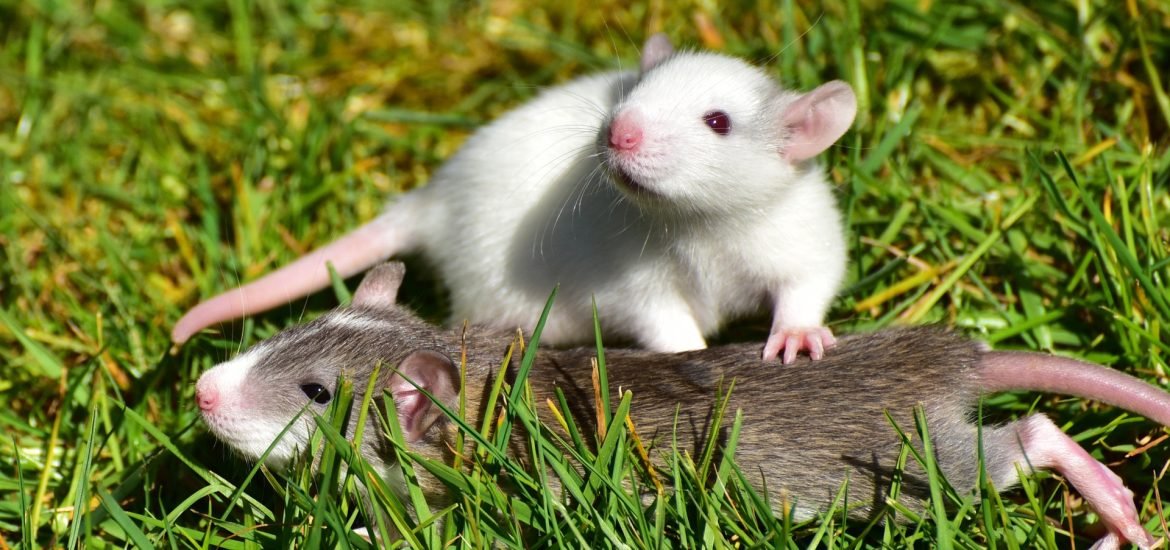
For the first time in an experiment, researchers have demonstrated that non-human animals exchange different kind of favors.
Scientists at the University of Bern in Switzerland have shown that brown rats apply direct reciprocity rules when exchanging two different social services: food provisioning and social grooming, also known as allogrooming.
Published on Friday in the journal Current Biology, the study was authored by Manon Schweinfurth and Michael Taborsky, both of the university’s Institute of Ecology and Evolution. The authors noted that rats have been shown to reciprocally exchange food for food and grooming for grooming, but that it was unknown whether they also trade different commodities with each other.
To test this, researchers manipulated the behavior of rat partners and the order of the services provided. To induce grooming, researchers applied saltwater on the test rats’ neck, an area the animals cannot clean themselves. To induce food provisioning, partner rats were given food items they could pull towards the test rats. Test rats then had the opportunity to reciprocate favors by providing the other service, namely by grooming the partner after receiving food from it, or donating food after having been groomed.
Researchers found that test rats groomed partners that had provided them with food more often than those that did not provide food. Similarly, rats gave food more often to partners that had heavily groomed them before.
The rats’ behavior suggests “they were acting by the rules of direct reciprocity,” according to the study’s authors. “This result indicates that reciprocal trading among non-human animals may be much more widespread than currently assumed,” said Schweinfurth in press release published by Science Daily. “It is not limited to large-brained species with advanced cognitive abilities.”
Prior to the study, repayment in a different commodity or service was thought to be unique to primates. Chimpanzees, for example, trade grooming for support and support for meat. Although other animals help each other, such as food sharing among bees and mutual grooming among birds, human cooperation often follows the reciprocal strategy of one person helping someone else because he was helped by that person before.
However, the results of the study indicate that the ability to apply direct reciprocity decision rules “may have originated much earlier in vertebrate evolution,” Schweinfurth and Taborsky said.
Researchers also pointed to the implications of their study for future experiments regarding reciprocal cooperation. “Recognizing the potential of organisms to exchange different commodities and services among one another is an important step toward understanding the evolution of reciprocal cooperation at large,” they said.
The authors also said their approach “enables promising opportunities to experimentally evaluate the general importance of reciprocal trading of diverse commodities in different animals.” In addition to those studied, other commodities might be reciprocated, including infant handling, sex, support in aggressive encounters, and tolerance.
Schweinfurth and Taborsky also encouraged further studies regarding generalized reciprocity rules. Unlike direct reciprocity rules, in which exchange of commodities occurs between partners, generalized reciprocity operates under the principle “help anyone if helped by someone.” The scientists said, “It would be interesting to scrutinize in future studies whether rats and other animals would exchange different commodities also based on generalized reciprocity decision rules.”